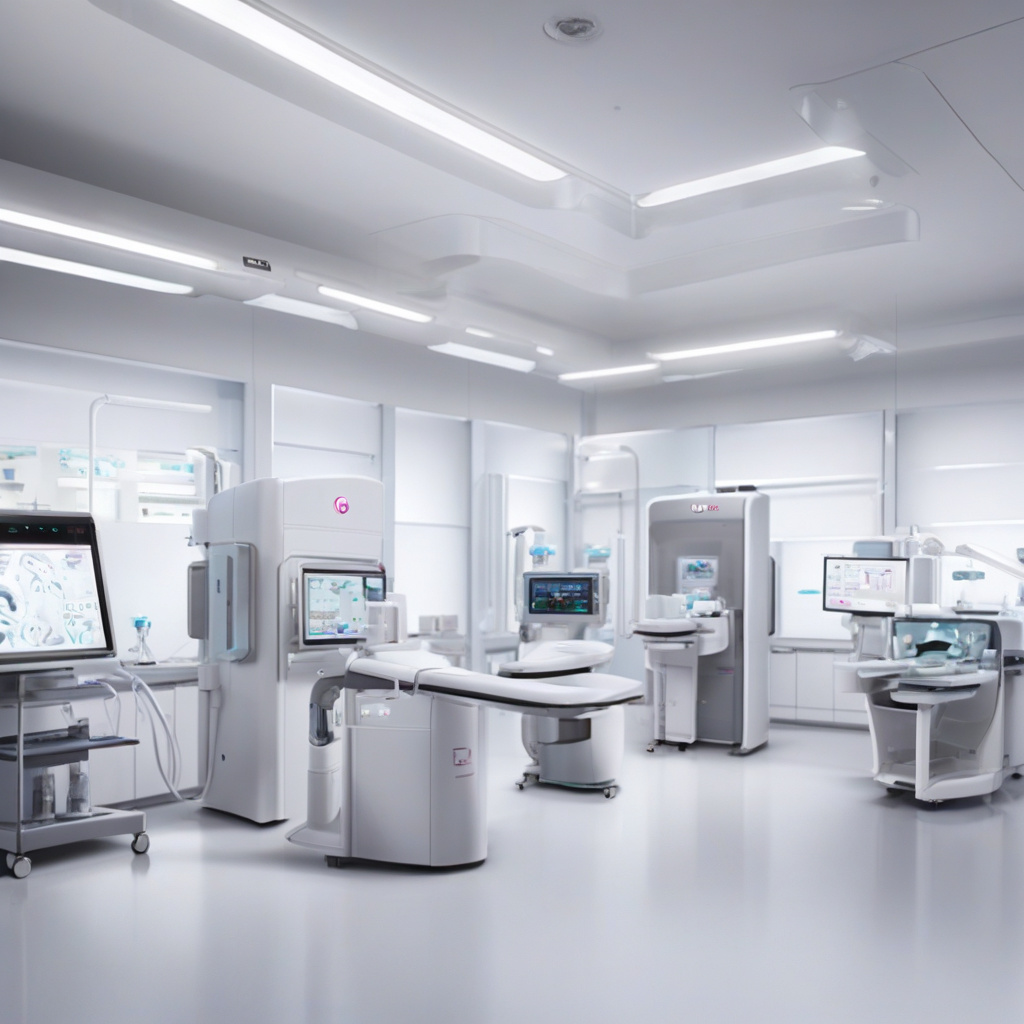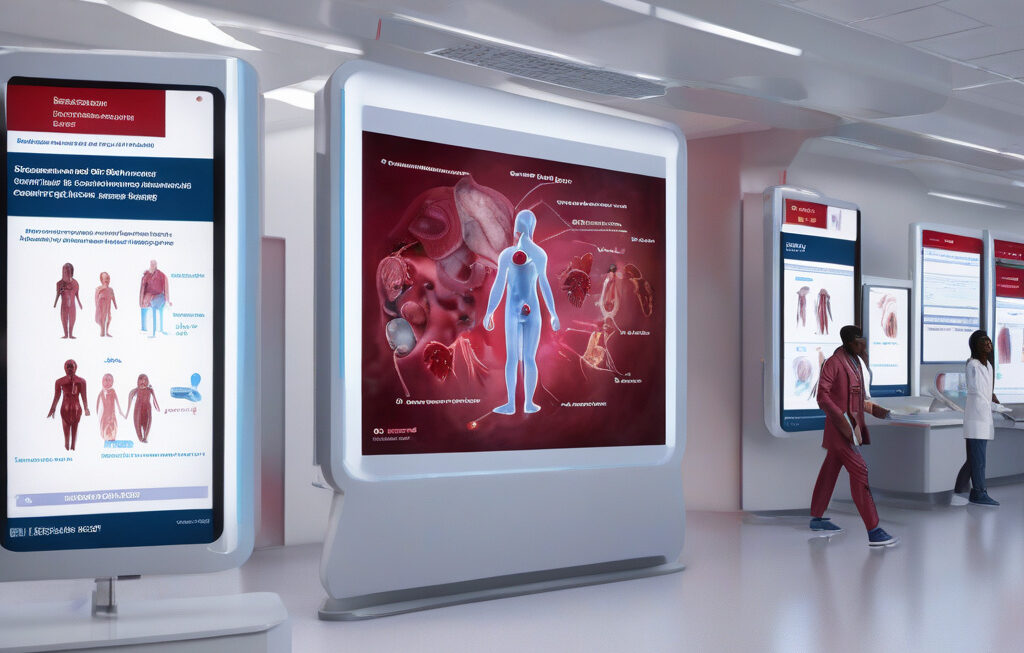LG’s Exaone Path 2.0: Revolutionizing Genetic Testing with AI
In the realm of healthcare, advancements in technology have continually reshaped the landscape, offering innovative solutions to age-old challenges. One such groundbreaking development is LG’s collaboration with Vanderbilt University to introduce AI models like Exaone Path 2.0 into real-world clinical settings, heralding a new era in genetic testing.
The field of genetic testing plays a crucial role in identifying hereditary conditions, enabling healthcare providers to offer personalized treatment plans tailored to an individual’s unique genetic makeup. However, traditional genetic testing methods have often been time-consuming and labor-intensive, leading to delays in diagnosis and treatment.
Enter Exaone Path 2.0, a cutting-edge AI-powered platform developed by LG in partnership with Vanderbilt University. This revolutionary technology harnesses the power of artificial intelligence to streamline and enhance the genetic testing process, offering a range of benefits that promise to transform healthcare outcomes.
One of the key advantages of Exaone Path 2.0 is its ability to analyze vast amounts of genetic data rapidly and accurately. By leveraging machine learning algorithms, the platform can identify patterns and anomalies in genetic sequences with unprecedented speed and precision, enabling healthcare providers to make informed decisions more efficiently.
Moreover, Exaone Path 2.0 is designed to improve the overall quality of genetic testing results. The platform’s advanced AI models can minimize the risk of human error, ensuring that diagnoses are more reliable and consistent. This not only enhances the accuracy of treatment plans but also reduces the likelihood of misdiagnoses, ultimately improving patient outcomes.
Beyond its diagnostic capabilities, Exaone Path 2.0 also has the potential to drive research and innovation in the field of genetics. By analyzing large datasets and uncovering hidden correlations, the platform can generate valuable insights that may lead to new discoveries and advancements in personalized medicine.
Furthermore, the integration of Exaone Path 2.0 into real-world clinical settings holds the promise of expanding access to genetic testing services. By automating and streamlining the testing process, healthcare providers can deliver faster results to patients, reducing wait times and improving overall patient care.
As LG and Vanderbilt University continue to refine and optimize Exaone Path 2.0, the future of genetic testing looks brighter than ever. With AI-driven technologies paving the way for more efficient, accurate, and accessible testing solutions, the potential for transforming healthcare outcomes on a global scale is within reach.
In conclusion, LG’s Exaone Path 2.0 represents a significant milestone in the evolution of genetic testing, showcasing the transformative power of AI in revolutionizing healthcare. By leveraging cutting-edge technology to enhance diagnostic accuracy, streamline processes, and drive innovation, this groundbreaking platform is poised to shape the future of personalized medicine for years to come.
LG, Exaone Path 2.0, AI, Genetic Testing, Healthcare Transformation











